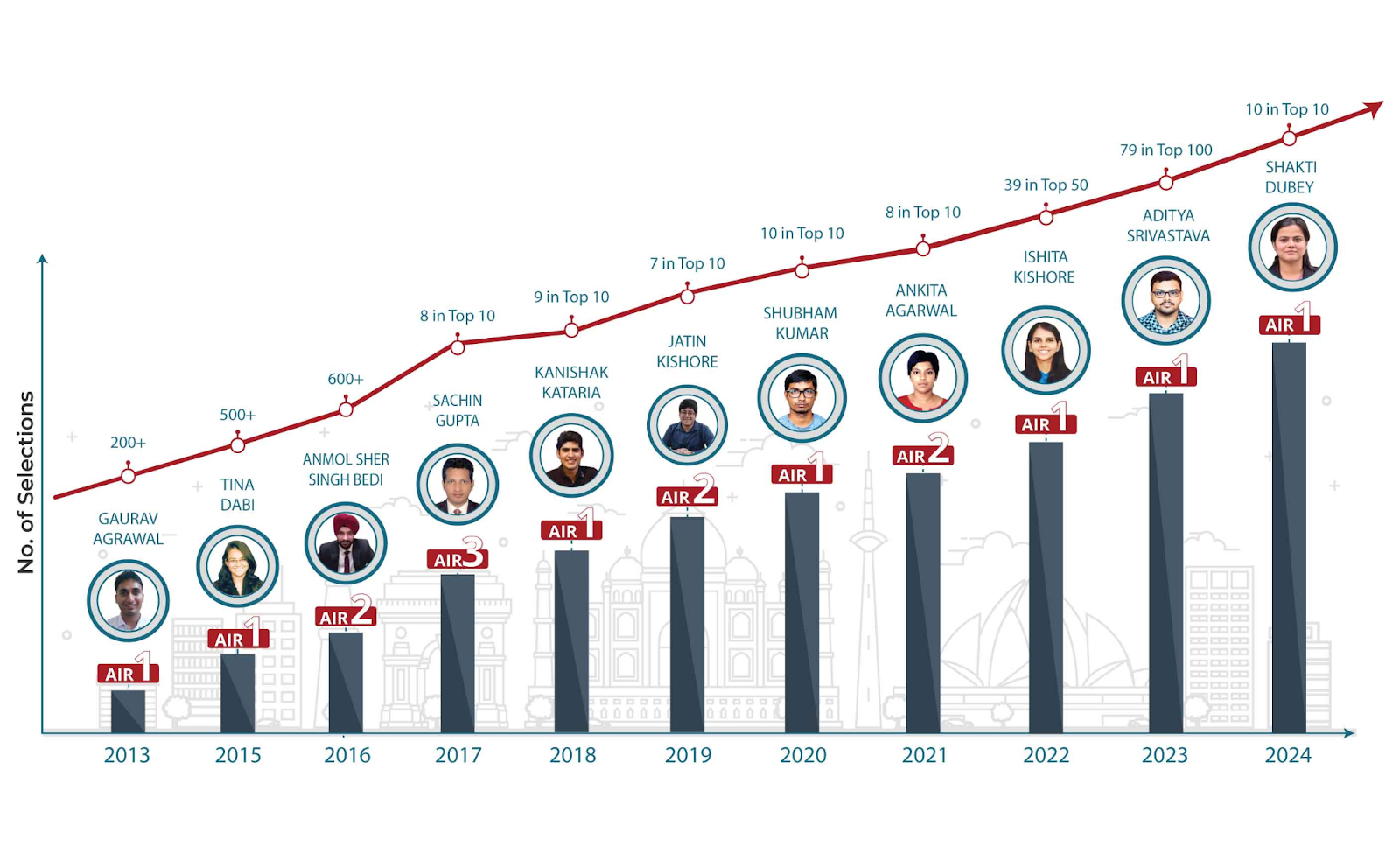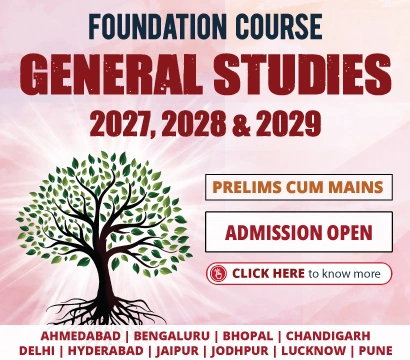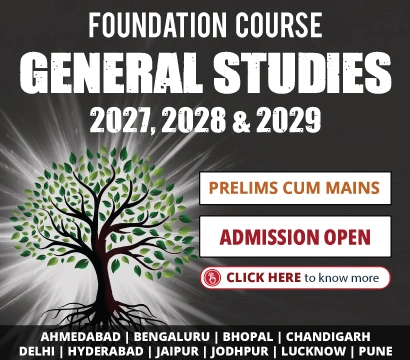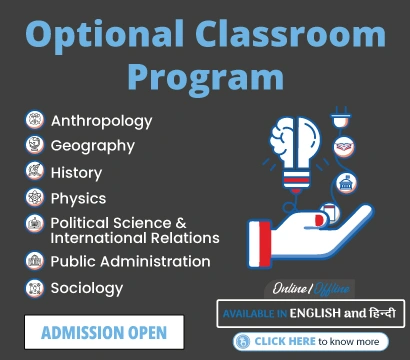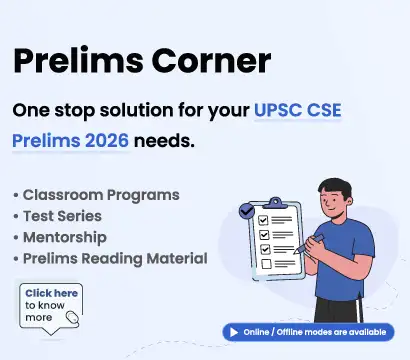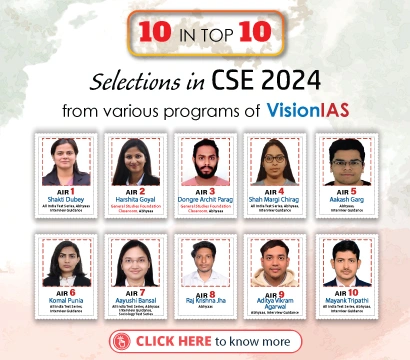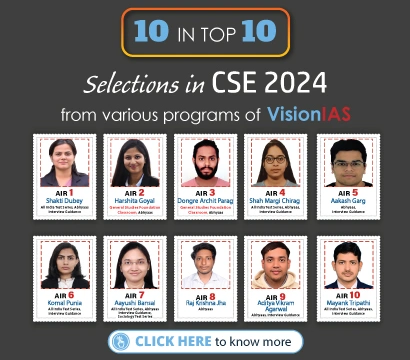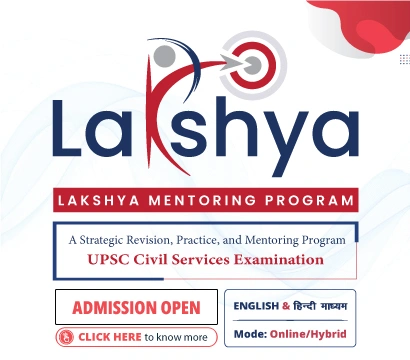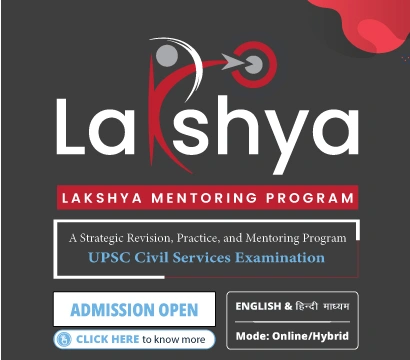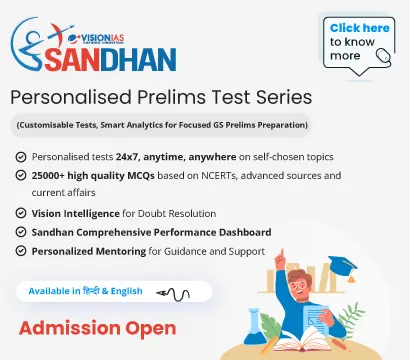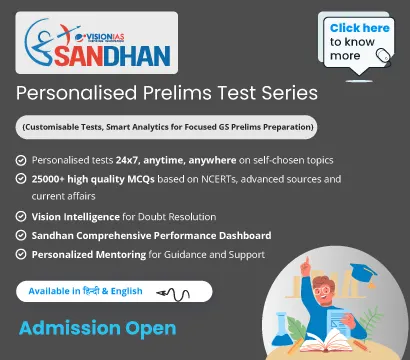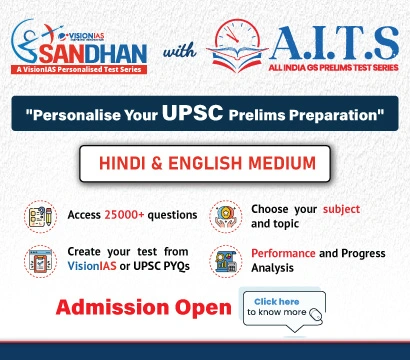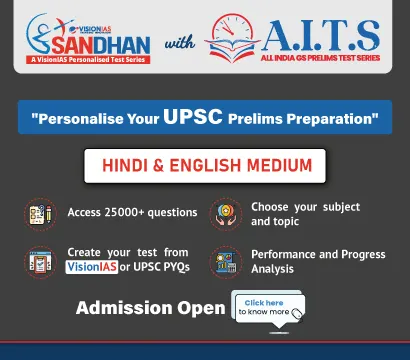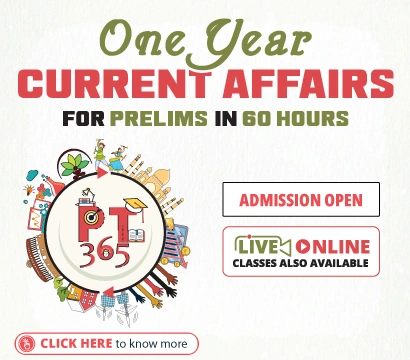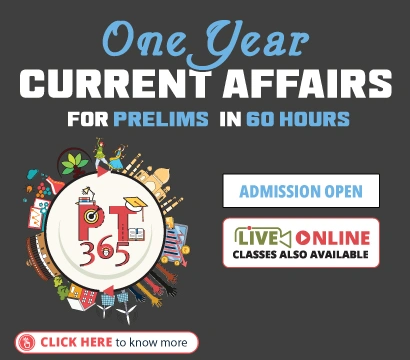About UPSC
IAS vs IPS – Difference, Roles, and Power Comparison
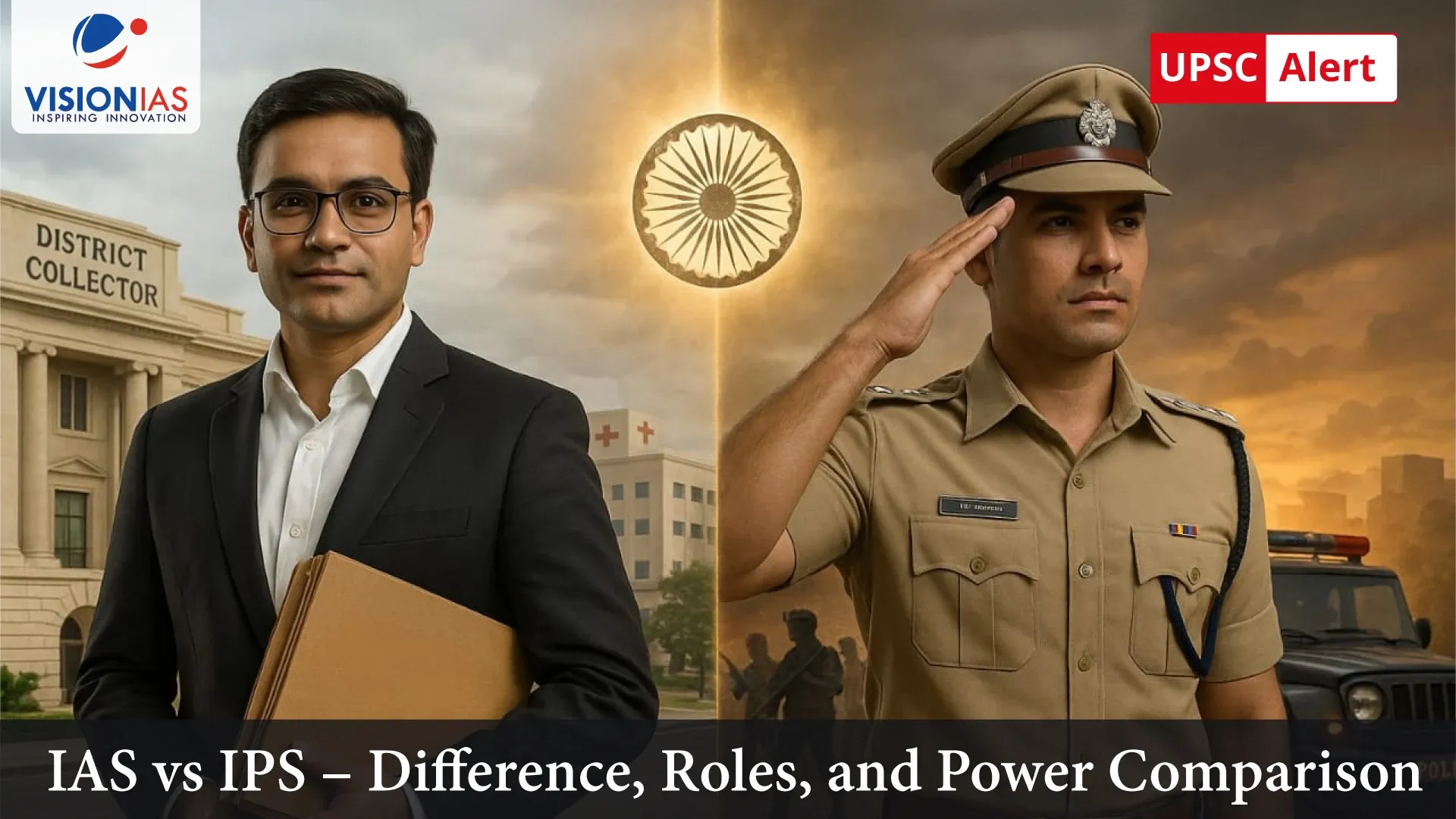
For UPSC aspirants, understanding the distinctions between the Indian Administrative Service (IAS) and the Indian Police Service (IPS) is crucial when choosing a career path in civil services. Both are prestigious All India Services, but their roles, responsibilities, and powers differ significantly. This blog explores the difference between IAS and IPS, their respective duties, and a comparison of their powers to help aspirants make informed decisions.
What is IAS?
The Indian Administrative Service (IAS) is considered the premier civil service in India, responsible for policymaking, administration, and governance at various levels of government. IAS officers work in diverse roles, from district administration to central government ministries, ensuring the smooth implementation of policies and public welfare programs.
What is IPS?
The Indian Police Service (IPS) focuses on maintaining law and order, public safety, and crime prevention. IPS officers serve in police departments, intelligence agencies, and paramilitary forces, playing a critical role in upholding the rule of law and ensuring internal security.
Difference Between IAS and IPS
The difference between IAS and IPS lies in their objectives, work environment, and scope of authority. Below is a detailed comparison:
IAS Duties
IAS officers are the backbone of India’s administrative machinery. Their duties include:
- Policy Formulation and Implementation: Drafting and executing government policies at district, state, or central levels.
- District Administration: As District Collectors or District Magistrates, IAS officers oversee development projects, revenue collection, and public welfare.
- Coordination: Acting as a bridge between the government and the public, coordinating with various departments.
- Crisis Management: Handling natural disasters, public unrest, or economic issues in their jurisdiction.
- Advisory Role: Advising ministers and elected representatives on policy matters and implementation strategies.
IAS officers often work in diverse sectors like education, health, infrastructure, and rural development, requiring a broad understanding of governance.
IPS Duties
IPS officers are entrusted with maintaining law and order and ensuring public safety. Their key duties include:
- Law Enforcement: Preventing and investigating crimes, ensuring public safety, and maintaining order.
- Security Management: Overseeing security arrangements during events, VIP protection, and counter-terrorism operations.
- Police Administration: Managing police forces, training personnel, and modernizing law enforcement techniques.
- Crime Investigation: Leading investigations in serious cases, including cybercrime, organized crime, and terrorism.
- Maintenance of Public Order: Handling riots, protests, or communal tensions to ensure peace.
IPS officers often work in high-pressure environments, requiring physical fitness, quick decision-making, and leadership skills.
Power Comparison: IAS vs IPS
The powers of IAS and IPS officers vary based on their roles and postings:
- Administrative Authority:
- IAS: IAS officers, especially as District Collectors, have extensive administrative powers, including revenue collection, land management, and policy execution. They oversee all government functions in their jurisdiction, including law and order in coordination with IPS officers.
- IPS: IPS officers have authority over police forces and law enforcement within the territorial limits of their states. As Superintendents of Police (SP) or Commissioners, they control police operations but report to IAS officers (e.g., District Magistrates) on law-and-order issues.
- Decision-Making:
- IAS: IAS officers have broader decision-making powers in governance, development, and resource allocation. They influence policy at state and central levels.
- IPS: IPS officers’ decisions are primarily related to policing, crime control, and security operations, with less involvement in broader governance.
- Public Impact:
- IAS: Their work directly impacts public welfare through development projects and policy implementation.
- IPS: Their work ensures safety and security, which indirectly supports governance and development.
- Hierarchy:
- In district-level postings, the IAS officer (District Collector/Magistrate) typically holds a higher position than the IPS officer (SP). However, at senior levels, both services offer comparable roles, such as Chief Secretary (IAS) and Director General of Police (IPS).
IAS vs IPS: Which to Choose?
Choosing between IAS and IPS depends on your interests and strengths:
- Choose IAS if you are passionate about governance, policymaking, and public administration. It suits those who enjoy diverse roles and long-term developmental impact.
- Choose IPS if you are inclined toward action-oriented roles, law enforcement, and maintaining public safety. It requires resilience and quick decision-making under pressure.
Both services offer immense opportunities to serve the nation, but their paths differ in focus and challenges. UPSC aspirants should align their preparation and mindset with their career aspirations, keeping in mind the unique responsibilities of each service.
Vision IAS Resources for UPSC CSE 2026
To fulfill your dream of becoming an IAS or IPS officer, Vision IAS offers comprehensive resources tailored for UPSC Civil Services Examination (CSE) 2026 preparation:
- Enroll in Vision IAS GS Foundation course for holistic preparation of all stages of the UPSC exam
- Find all UPSC Mains related high quality, updated and toppers trusted notes and key documents by Vision IAS at our UPSC Mains Corner.
- Explore topper’s trusted and recommended most important answer-writing tool for UPSC CSE Examination, the VisionIAS Mains Test Series, to effectively practice answer writing for Mains 2026.
- If you want to pursue a mentored approach for UPSC Mains 2026 check our Lakshya Mentoring Services. Lakshya has been a trusted mentoring service used by many toppers.
- Vision IAS provides a new age, AI integrated Digital Current Affairs solution that can help you navigate the course of Current affairs. The flagship “Vision Intelligence” can help you keep a track of the enormous task of handling current affairs in your preparation. These resources can be found at our dedicated Current Affairs page.
- We at VisionIAS also prioritise mental health of all students. At Student Wellness Cell, you can reach out to us for counseling if you feel overwhelmed with the exam. We strive to assist the students and help you with effective stress and time management under the guidance of best counselors.
Final Thoughts
The UPSC exam is a marathon, and the right preparation resources are your ultimate toolkit. Combine the best UPSC preparation books—starting with NCERTs and progressing to advanced texts—with Vision IAS’s PT365, Mains365, and test series for dynamic preparation. Join the Vision IAS community to access mentorship, mock tests, and personalized guidance.
Ready to fulfill your dream of becoming an IAS or IPS officer? Follow Vision IAS to kickstart your UPSC CSE 2026 journey with our comprehensive resources and expert support. Visit Vision IAS to explore our offerings and take the first step toward conquering the UPSC exam!
